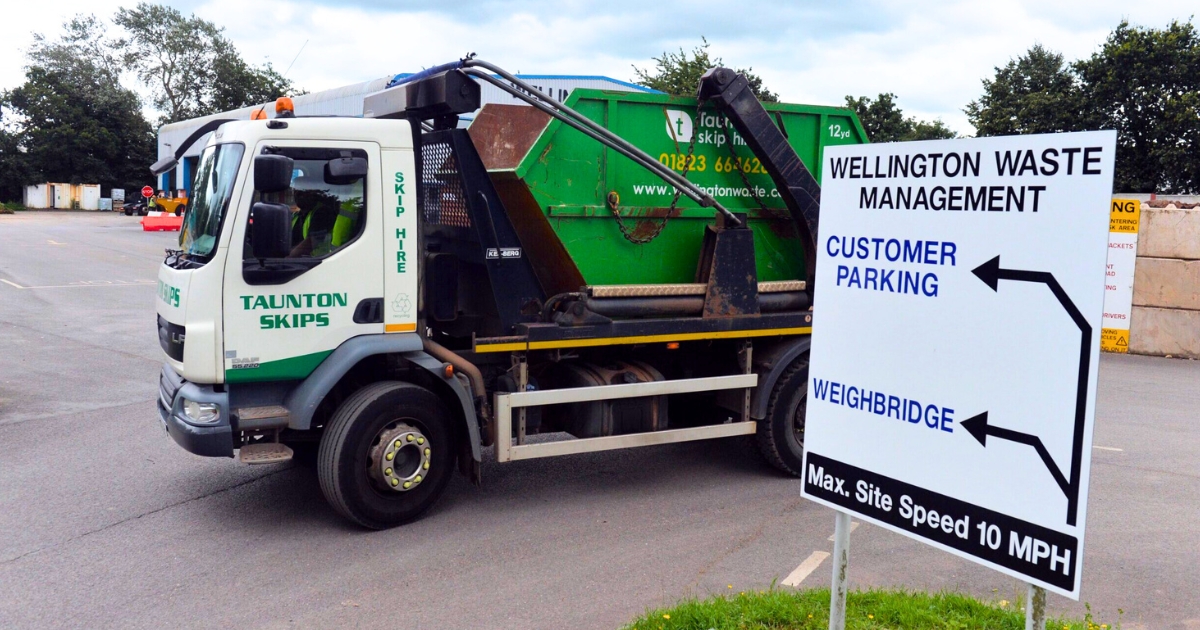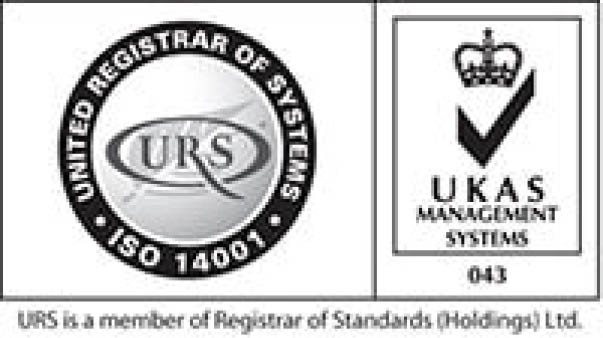Organising a skip with Wellington Waste is straightforward, but some simple preparation can make your hire safer, more efficient, and legally compliant. Here’s your practical checklist for a seamless skip delivery and collection.
1. Check Access – Will the Truck and Skip Fit?
- Ensure clear access for the skip lorry on delivery and collection days – cars, bins, or builders’ materials should be moved out of the way.
- Minimum width needed for delivery is 2.8m (about the width of a standard driveway). Measure gates, fences, and low-hanging branches.
2. Choose the Best Location
- Private property like your driveway or building site is ideal. If it must go on a public road, a permit is required (see below).
- Avoid grass or soil, especially during or after wet weather, as the heavy skip may sink, become difficult to collect, or damage your lawn.
3. Obtain a Permit (If Needed)
- A council permit is compulsory for skips on public roads; Wellington Waste can apply for this on your behalf. Allow 10 days for processing.
- The permit typically lasts 28 days. Placing the skip without a valid permit can result in fines and removal.
4. Don’t Underestimate the Size
- Picking a skip too small leads to overfilling, which is unsafe and may mean extra costs or delays. Use Wellington Waste’s Skip Size Guide if unsure, and always load level with the top of the skip, never above the sides.
5. Know What Can (and Can’t) Go In
- Acceptable: General household, garden, construction waste, wood, soil, bricks, metal, timber and wood-composite furniture, kitchen and bathroom units.
- NOT allowed: Asbestos, plasterboard, paint, tyres, gas bottles, fluorescent tubes, light bulbs, upholstered furniture, mattresses, freezers/fridges, batteries, oil, chemicals, and other hazardous materials. Please contact us if further guidance is needed.
6. Plan for Wet or Cold Weather
- For winter or wet weather, avoid placing skips on soft ground. Wet waste is heavier, so protect contents with a tarp to prevent waterlogging and to avoid exceeding weight limits.
- If bad weather is forecast, try to schedule delivery and collection on dry days where possible.
7. Prepare Your Waste in Advance
- Place bulky or heavy items at the bottom, fill flat items first, and use smaller items to fill gaps. Crushing or disassembling what you can maximises space and prevents items blowing away.
8. Safety First
- Never light fires in or near the skip. Keep the area around the skip safe and tidy to avoid trips or accidents.
- If on a public road, the skip may need lighting/cones at night – Wellington Waste will advise, but you are responsible for not creating a hazard on the highway.
9. Avoid Overloading
- Overfilled skips can’t be collected until levelled off. Overloading incurs extra charges and may present a danger during transit, so always stop at the skip rim.
- Larger skips (12yd and above) are for light waste only; heavy waste in these can breach legal road weight limits.
10. Arrange Collection Promptly
- Standard hire is 14 days; extended rentals may incur additional charges.
- When your skip is full, call Wellington Waste to book a collection. Don’t leave the skip uncollected, especially on a permit, as fines or extra fees may apply.
Final Quick Tips
- Notify your neighbours if you expect extra vehicles or bin lorry visits to avoid blockages on shared drives.
- Ask Wellington Waste for advice if you’re unsure about size, location, or permitted waste – we’re more than happy to help.
- Keep your delivery/collection slot free of cars and obstacles – the lorry needs room to operate safely.
By checking these points before your skip arrives, you’ll avoid the most common problems and enjoy a smooth, worry-free waste removal with Wellington Waste. If in doubt, please contact our team for friendly advice and guidance.
Call us on 01823 664628 or
Book a skip online at wellingtonwaste.co.uk

